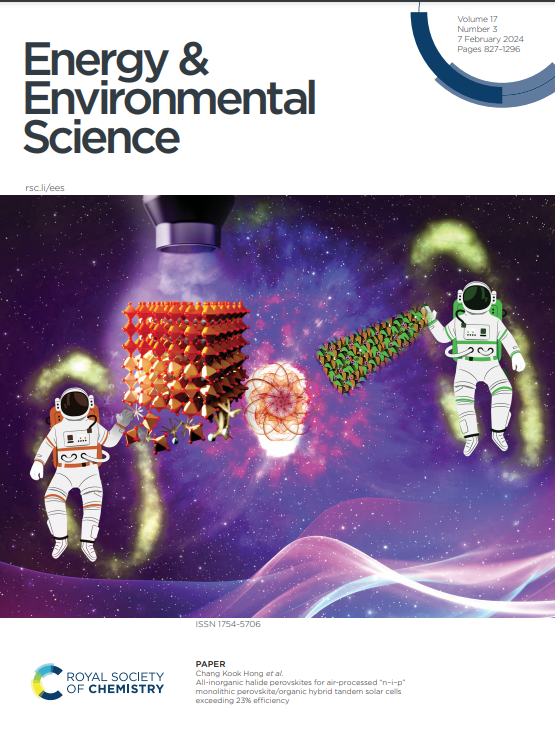Expanding the Temperature Range for Stable Aqueous Batteries: Strategies, Mechanisms and Perspectives
IF 32.4
1区 材料科学
Q1 CHEMISTRY, MULTIDISCIPLINARY
引用次数: 0
Abstract
Aqueous batteries (ABs) based on water-containing electrolytes are intrinsically safe and serve as promising candidates for the grid-scale energy storage and power supplies of wearable electronics. The severe temperature fluctuations due to fickle weather conditions across the world worsen the parasitic reactions during the electrochemical reactions, which limits the practical application scenarios of the aqueous batteries. Focusing on the electrolyte and electrode optimizations, substantial progress has been achieved to enhance the temperature adaptability of the aqueous batteries with various charge carriers by considering the kinetical and thermodynamical processes during the electrochemical reactions. Here in this review, we present a comprehensive discussion on the recent temperature-dependent electrochemical performance of aqueous batteries by providing experimental and theoretical mechanisms. The necessities to develop the aqueous batterie with superior temperature adaptability are firstly emphasized. The experimental approaches and corresponding physicochemical principles are summarized and classified. Then, recent progress to widen the temperature range for the stable operation of the aqueous batteries via electrolyte and electrode engineering is discussed in detail. Last but not least, we provide some perspectives on this important and prospering field from our point of view.求助全文
约1分钟内获得全文
求助全文
来源期刊

Energy & Environmental Science
化学-工程:化工
CiteScore
50.50
自引率
2.20%
发文量
349
审稿时长
2.2 months
期刊介绍:
Energy & Environmental Science, a peer-reviewed scientific journal, publishes original research and review articles covering interdisciplinary topics in the (bio)chemical and (bio)physical sciences, as well as chemical engineering disciplines. Published monthly by the Royal Society of Chemistry (RSC), a not-for-profit publisher, Energy & Environmental Science is recognized as a leading journal. It boasts an impressive impact factor of 8.500 as of 2009, ranking 8th among 140 journals in the category "Chemistry, Multidisciplinary," second among 71 journals in "Energy & Fuels," second among 128 journals in "Engineering, Chemical," and first among 181 scientific journals in "Environmental Sciences."
Energy & Environmental Science publishes various types of articles, including Research Papers (original scientific work), Review Articles, Perspectives, and Minireviews (feature review-type articles of broad interest), Communications (original scientific work of an urgent nature), Opinions (personal, often speculative viewpoints or hypotheses on current topics), and Analysis Articles (in-depth examination of energy-related issues).
 求助内容:
求助内容: 应助结果提醒方式:
应助结果提醒方式:


